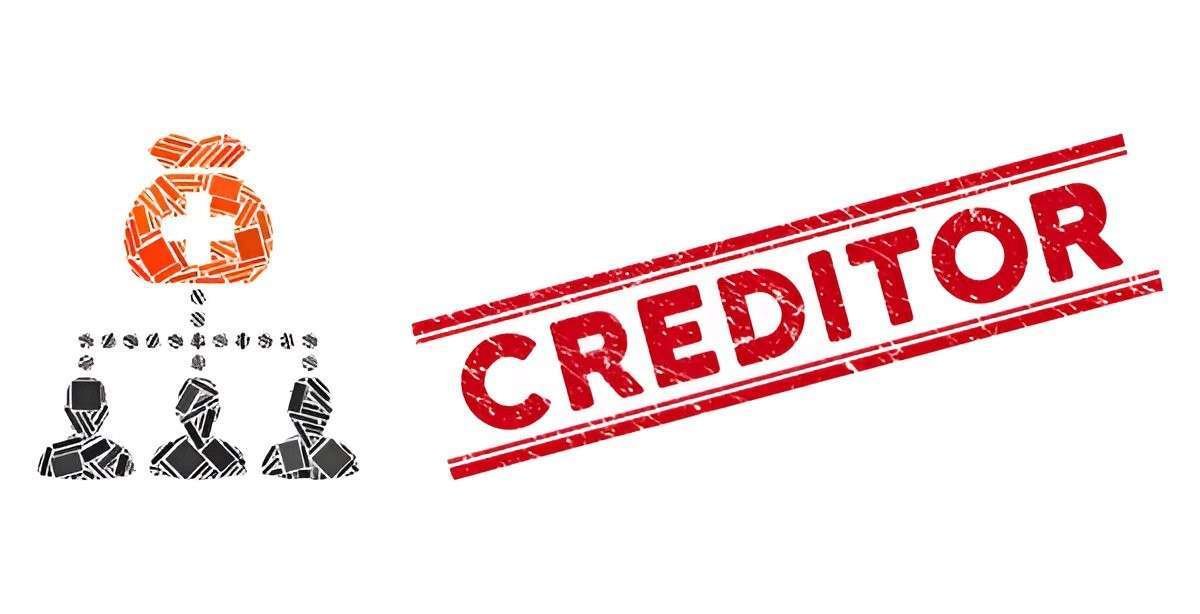In the realm of business and finance, creditors play a crucial role in the financial transactions of companies. This article explores the definition, responsibilities, and practical examples to help learners grasp the concept of creditors in a clear and accessible manner.
Table of Contents
What are Creditors?
Definition
Creditors are individuals, institutions, or entities that lend money or extend credit to another party, typically a business or an individual borrower. They provide goods, services, or money with the expectation of being repaid in the future, often with interest.
Key Points
- Credit Relationship: Involves a debtor-creditor relationship where one party (debtor) owes money or owes goods/services to another party (creditor).
- Legal Obligations: Creditors have legal rights to seek repayment as per agreed terms and conditions.
- Types: Can include suppliers, banks, financial institutions, bondholders, and individuals who have provided loans or credit.
Responsibilities and Role of Creditors
Responsibilities
- Providing Credit: Extend credit facilities, goods, or services based on agreed terms.
- Monitoring Payments: Track repayment schedules and ensure adherence to payment agreements.
- Legal Recourse: Have the right to pursue legal action if debtors default on payments.
Role in Business Transactions
- Supporting Operations: Enable businesses to operate by providing essential goods and services on credit.
- Financial Support: Fund expansions, purchases, or ongoing operations through loans or credit lines.
- Risk Management: Assess creditworthiness and set terms to mitigate financial risks.
Examples of Creditors
Suppliers
- Example: A supplier of raw materials provides goods to a manufacturing company on credit terms of 30 days.
- Role: Supports the company’s production process by supplying necessary materials upfront, with payment due after a specified period.
Banks and Financial Institutions
- Example: A bank extends a business loan to a small business owner for purchasing new equipment.
- Role: Provides financial support in the form of loans or credit lines, with repayment expected over an agreed period, often with interest.
Bondholders
- Example: Investors purchase corporate bonds issued by a company to finance its expansion project.
- Role: Lend money to corporations in exchange for periodic interest payments and repayment of principal upon maturity of the bonds.
Importance of Creditors in Financial Management
Economic Function
- Facilitate Trade: Enable smooth transactions and operations by providing necessary credit to businesses.
- Investment: Support economic growth by funding investments and expansions through loans and credit.
Risk Management
- Credit Risk Assessment: Evaluate the creditworthiness of borrowers to minimize default risks.
- Terms Negotiation: Set terms and conditions to protect their interests and ensure timely repayment.
Legal and Financial Implications
Legal Rights
- Debt Collection: Have legal recourse to recover debts through litigation or collection agencies.
- Security Interests: May secure loans with collateral to mitigate potential losses in case of default.
Financial Reporting
- Balance Sheet Impact: Creditors’ claims are recorded as liabilities on a company’s balance sheet.
- Financial Ratios: Analyze liquidity and debt management through metrics like the creditor-days ratio and debt-to-equity ratio.
Conclusion
Creditors play a pivotal role in the financial ecosystem by providing essential credit and financing options to businesses and individuals. Understanding their role and responsibilities is crucial for comprehending financial transactions, debt management, and business operations. Whether they are suppliers, financial institutions, or bondholders, creditors contribute to economic growth and stability by facilitating trade, supporting investments, and managing financial risks. As businesses navigate their financial obligations, maintaining positive relationships with creditors and adhering to repayment terms are essential for sustainable financial health and operational continuity.





